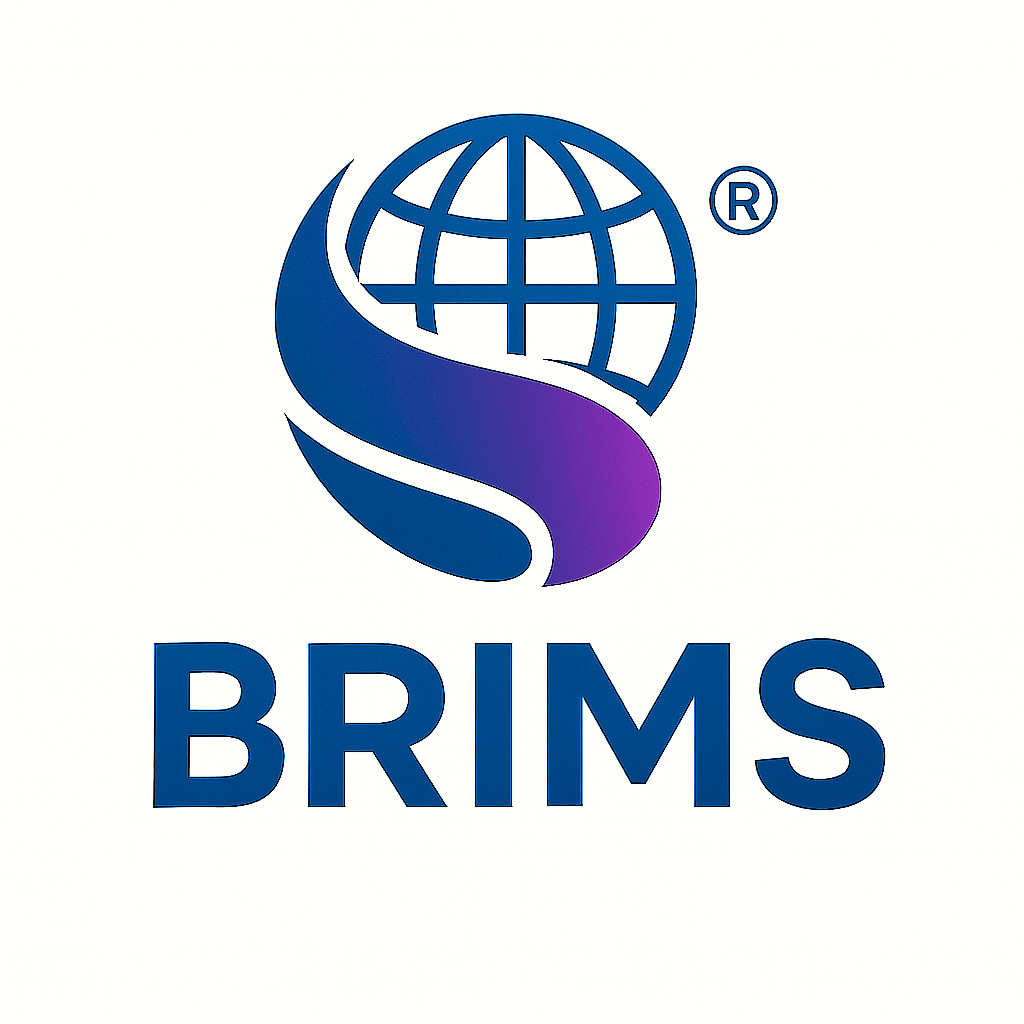Property Development Consultancy in Uganda: Key Considerations for Success
Understanding the Ugandan Market
Property development consultancy in Uganda offers a promising yet challenging opportunity for investors and developers. Understanding the local market is crucial for success. Uganda's real estate sector has been experiencing growth due to urbanization, a burgeoning middle class, and improved infrastructure. However, navigating this market requires in-depth knowledge of local regulations, cultural dynamics, and economic trends.
One of the key considerations is recognizing the demand for different types of properties. Residential, commercial, and industrial developments each have unique opportunities and challenges. Staying informed about the latest trends and demands can help consultants provide valuable insights and strategies to their clients.

Legal and Regulatory Framework
Compliance with Uganda's legal and regulatory framework is non-negotiable for successful property development. This involves understanding land tenure systems, zoning laws, environmental regulations, and building codes. Developers and consultants must work closely with local authorities to ensure all legal requirements are met before embarking on any project.
Property development consultants should also be familiar with the process of acquiring land. Uganda's land tenure system includes freehold, leasehold, mailo, and customary land, each with specific acquisition procedures. Navigating these complexities requires expertise to avoid potential legal pitfalls.

Developing a Strong Network
Building a robust network of local contacts is essential for any property development consultancy in Uganda. This includes establishing relationships with local authorities, contractors, suppliers, and financial institutions. A strong network can facilitate smoother project execution and help in overcoming unforeseen challenges.
Additionally, collaborating with local experts can provide valuable insights into the cultural and social nuances that may impact property development. Understanding community needs and preferences can lead to more successful and sustainable projects.

Financial Planning and Investment
Effective financial planning is a cornerstone of successful property development in Uganda. Consultants must guide their clients in securing funding from banks, investors, or other financial institutions. They should also provide advice on budget management, cost estimation, and risk assessment.
Investment in Uganda's property market can be lucrative, but it requires careful analysis of market trends and economic indicators. Property development consultants must be adept at evaluating potential returns on investment and advising clients accordingly.

Embracing Sustainable Practices
Sustainability is becoming increasingly important in property development, not just globally but also in Uganda. Developers are encouraged to adopt environmentally friendly practices, such as using sustainable materials, energy-efficient designs, and waste reduction techniques. These practices not only benefit the environment but also enhance the project's appeal to eco-conscious consumers.
Property development consultants can play a pivotal role in promoting sustainable practices by advising clients on green building certifications and sustainable design innovations. This approach can lead to long-term savings and positive community impact.
